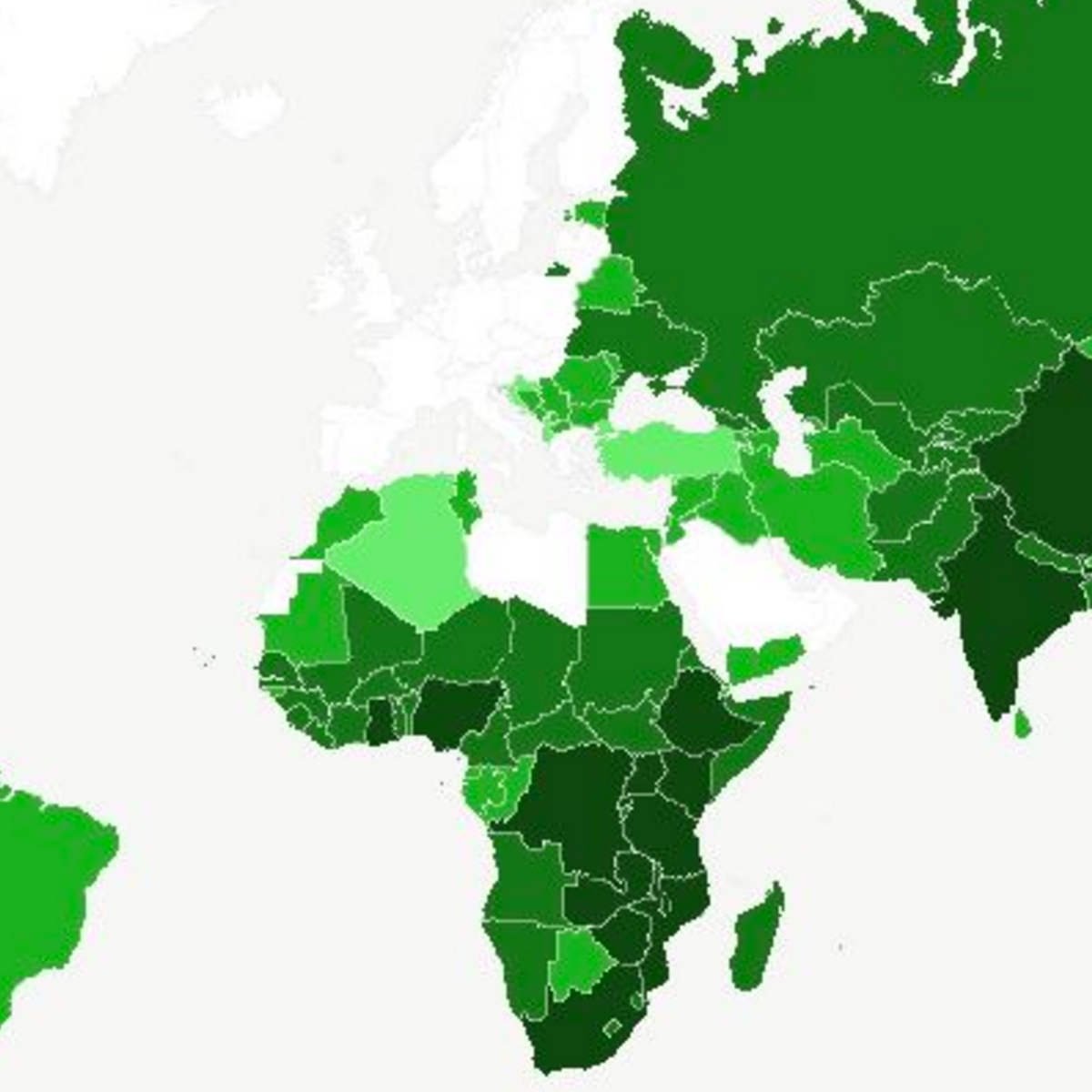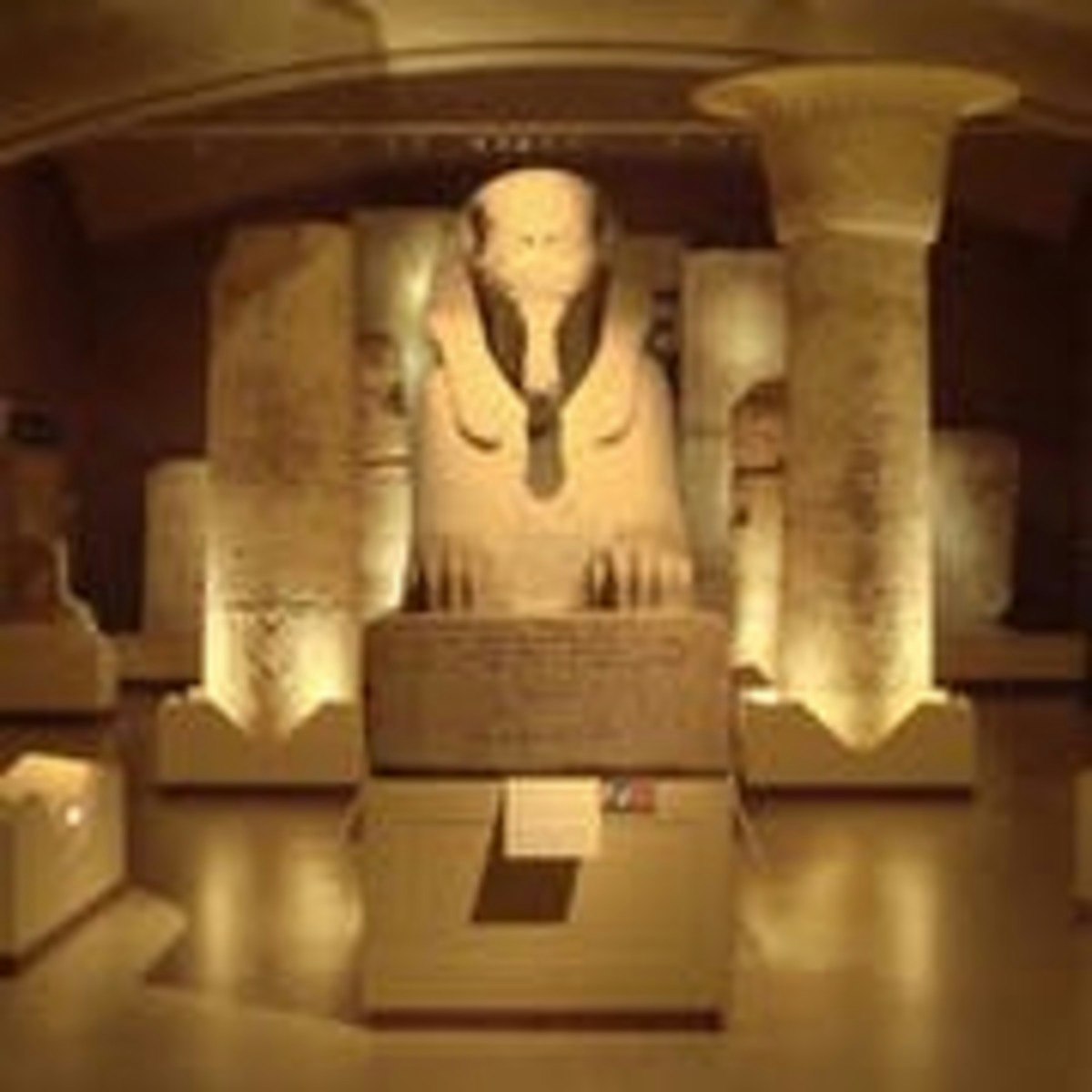Back to Courses









Social Sciences Courses - Page 40
Showing results 391-400 of 672

Patent Law
In our modern technologically-based economy, the creation and enforcement of patent rights can make or break a business. With record numbers of patents being issued every year, the stakes for inventors (and, indeed, their lawyers) continue to rise, even as the patent law and its administration faces growing criticism.
This course begins with an examination of the fundamental justifications for and creation of U.S. patent rights as well as the relationship between patent law and other “intellectual property” concepts. We will then delve into the details of the U.S. requirements for patentability, and explore the scope of patent rights, again considering how the policies expressed reflect the justifications for patent rights. Then we will look at an actual patent document and analyze the different pieces of an issued patent with a special focus on the importance of patent claims. Finally, we will explore strategies for dealing with patent infringement.

Queering the Schoolhouse: LGBTQ+ Inclusion for Educators
In this course, you will learn about the history of LGBTQ+ issues in education and develop strategies for building more inclusive learning environments for students, teachers, and community members. This course will provide you with insights and equip you with strategies for exploring inclusion for lesbian, gay, bisexual, transgender, and queer or questioning learners in your specific professional context. Throughout the videos, reading assignments, and additional resources we’ve provided, you’ll be exposed to a range of concepts and techniques for enhancing LGBTQ+ inclusion. You’ll be challenged to integrate those concepts and techniques in your practice as an educator. We’ve created this course for anybody who’s interested in learning more about LGBTQ+ identities and experiences. We specifically designed it for educators who want to explore issues related to LGBTQ+ inclusion in their classrooms. Whether you’re brand new to this topic or you’ve been thinking and talking about LGBTQ+ issues for most of your life, we hope you’ll learn and grow as you work through this class.

Create surveys with Qualtrics
In this project you will learn how to create a survey using Qualtrics . We will create one for Customer satisfaction. This is critical as it tells us if our customer will come back and buy more from us.

Arctic Development
Welcome to Arctic: Development! In this third in a series of Arctic MOOCs, brought to you by a unique partnership between the University of Alberta and UiT The Arctic University of Norway, we will be exploring regional development in a changing arctic. In this 4-week course, you will investigate the role that natural resources play across the Indigenous, Nordic, Russian and North American Arctics, different strategies for resource management in different regions, and how these affect community planning and development efforts in an increasingly populated part of the world.
We'll also see how climate change is dramatically impacting the Arctic, and examine a number of adaptations that different arctic communities are implementing to combat rapid, climate-influenced change.
By the end of this course, you will have an idea of the opportunities presented to and difficulties faced by members of northern communities, and gain an understanding of just what regional development looks like in a changing Arctic.

Global Health Diplomacy
Having completed this course, learners will be able to:
Describe and analyze the opportunities, challenges and limits of Global Health Diplomacy.
Examine the diplomatic, financial, and geopolitical context that underlies global health decision-making.
Explain the role of the many players in the space, including governments, philanthropists, and multilateral institutions .
Course Objective
The field of global health is often thought of purely in medical or public health terms, but there are important geopolitical and policy dimensions of global health that underlie programmatic responses to global health challenges. By completing this course, learners will be able to explain the specific institutions and initiatives that are fundamental to current global health diplomacy activities and functions, and how these influence global health outcomes. Learners will further be able to summarize real-world examples where global health diplomacy either helped or limited global health outcomes, and explain the reasons for those outcomes.

Intellectual Property for Entrepreneurs
For aspiring and active entrepreneurs, this course focuses on the opportunities and challenges of intellectual property. Intellectual property is a commonly discussed, often misunderstand, element of entrepreneurship and law. Knowing how to create and manage patents, copyrights, trademarks, and trade secrets is a valuable skill for entrepreneurs and business leaders.
Regardless of size and industry, a business’s intellectual property is often more valuable than its physical assets. Companies invest tremendous resources in developing innovative new products and services. Intellectual property law discourages competitors from immediately profiting from another’s invention, and provides incentives for continued innovation.
"Intellectual Property for Entrepreneurs" is one of three courses in the "Legal Aspects of Entrepreneurship Specialization" by Coursera and the University of Maryland. This specialization explores the critical legal and business issues entrepreneurs face as they build and launch a new venture. Learners examine real-world scenarios and address legal and business issues from ideation to all of the important junctures along the path to success. Significant attention is placed on new venture formation, intellectual property management, and contracts and financing arrangements.

Improving Content Mastery with Quizlet
By the end of this project, you will be ready to use Quizlet to help students master any content. With the study sets, quiz modes, and in-class games Quizlet provides, memorization is made easier making mastery an achievable goal. Throughout each task in this project, we will work together to ensure that you are ready to use Quizlet with your students. By the end, we will have created and curated study sets that you can use with your class right away.
*You will need a free Quizlet account for this project.

Training and Learning Online
Have you considered completing online training programmes and courses? Or perhaps you have to work online for your studies and you are not sure how to do it?
Learning online is very different from face-to-face learning, as it often involves independent study and a different set of skills. On this course, you will develop effective online learning strategies that work for you, whether you are learning for work, leisure or for your studies, so that you can make the most of it.
- You will discover how to learn from different media, and acquire practical skills like note-taking and how to reflect on your learning so that you can draw meaningful conclusions.
- You will learn how to communicate online so that you can contribute to online learning discussions.
- You will find out about online collaboration tools and practice the skills you need to be able to manage productive collaborative work online.
- The course also explores best practice for conducting online research, using online research tools and evaluating online information.
By the end of the course, you will have learnt essential study techniques and skills. These will help you to learn effectively online, as part of developing your knowledge, skills, training or continuing professional development.
Introduction to Environmental Law and Policy
Environmental law may be the one institution standing between us and planetary exhaustion. It is also an institution that needs to be reconciled with human liberty and economic aspirations. This course considers these issues and provides a tour though existing legal regimes governing pollution, water law, endangered species, toxic substances, environmental impact analyses, and environmental risk.
Note: The Environmental Law & Policy Course will close for new learner enrollment on February 22, 2019. Learners who have already enrolled will continue to see it on their Coursera Dashboard as long as they remain enrolled in the course. If you are currently enrolled in this course, please see the announcement sent on February 19, 2019, for additional details.

Wonders of Ancient Egypt
Colossal pyramids, imposing temples, golden treasures, enigmatic hieroglyphs, powerful pharaohs, strange gods, and mysterious mummies are features of Ancient Egyptian culture that have fascinated people over the millennia. The Bible refers to its gods, rulers, and pyramids. Neighboring cultures in the ancient Near East and Mediterranean wrote about its god-like kings and its seemingly endless supply of gold. The Greeks and Romans describe aspects of Egypt's culture and history.
As the 19th century began, the Napoleonic campaign in Egypt highlighted the wonders of this ancient land, and public interest soared. Not long after, Champollion deciphered Egypt's hieroglyphs and paved the way for other scholars to reveal that Egyptian texts dealt with medicine, dentistry, veterinary practices, mathematics, literature, and accounting, and many other topics. Then, early in the 20th century, Howard Carter discovered the tomb of Tutankhamun and its fabulous contents. Exhibitions of this treasure a few decades later resulted in the world's first blockbuster, and its revival in the 21st century has kept interest alive.
Join Dr. David Silverman, Professor of Egyptology at Penn, Curator in Charge of the Egyptian Section of the Penn Museum, and curator of the Tutankhamun exhibitions on a guided tour of the mysteries and wonders of this ancient land. He has developed this online course and set it in the galleries of the world famous Penn Museum. He uses many original Egyptian artifacts to illustrate his lectures as he guides students as they make their own discovery of this fascinating culture.
This course focused on five key areas in the study of Ancient Egypt: 1) Principles of Egyptian Art, 2) The Basics of the Language of Ancient Egypt: Hieroglyphs, 3) Egyptian Magic, 4) Akhenaten, Tutankhamun, and the Religion of the Aten, and 5) The Burial of Tutankhamun and the Search for his Tomb.
This course is intended to accompany, and ideally to follow, Introduction to Ancient Egypt (also available on Coursera).
Popular Internships and Jobs by Categories
Find Jobs & Internships
Browse
© 2024 BoostGrad | All rights reserved
